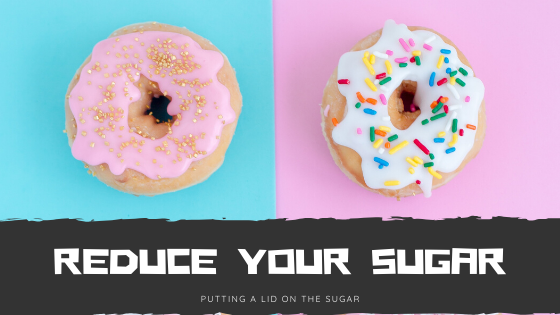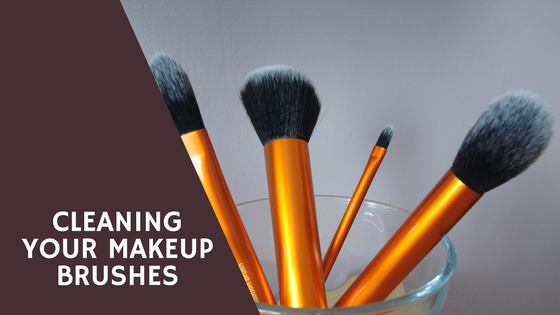As my 30th birthday draws ever closer, I keep finding myself thinking about how I can become a better version of myself. One of my biggest habits is snacking, from cakes, chocolate and biscuits I am forever reaching in to the cupboard. It wasn’t until a rainy windy afternoon, full of Netflix and surrounded by empty packets, that I realised how much sugar I was putting into my body.
NHS Guidelines
The NHS recommends that adults shouldn’t have more than 30gs of sugar a day. Well, to put that in to perspective, the average standard 200g bar of chocolate contains more than 50gs of sugar alone! I respect that these are intended for several sittings, but how many times have you become a victim of a “snacksident”? This doesn’t even take in to consideration the sugars found in the other foods you are consuming.
Benefits of reducing you sugar intake
Why is it important to look after your sugar intake? Well according to a number of studies, lifestyle bloggers and research across the internet, reducing your sugar intake reaps dozens of benefits. A diet with high levels of sugar is often blamed for a number of of serious health conditions, increasing inflammation within the body and sapping energy and enthusiasm.
Healthy yet moreish snacks
But what can you eat instead? To help along with this journey I have listed some of my favourite healthy snack ideas!
- Popcorn (No, not the sweet kind)
- Rice cakes, these can be topped with cheese, peanut butter and other favourite savoury toppings
- Nuts
- Fresh fruit
- Chopped raw vegetables e.g. cucumber, carrots and celery
- Pitta breads & dips
- Yoghurt
- Toast with a savoury topping, my current go to is banana and peanut butter
- Crisp bread
So there is my list of healthy snacks, for the next 3 months I will be actively reducing my daily sugar intake and will let you you know how I got on. If you have any hints and tips which will help me on this journey I would love to hear from you.
*Disclaimer – if you have any concerns with your daily sugar intake or diet please consult with your doctor or a trained dietitian.



